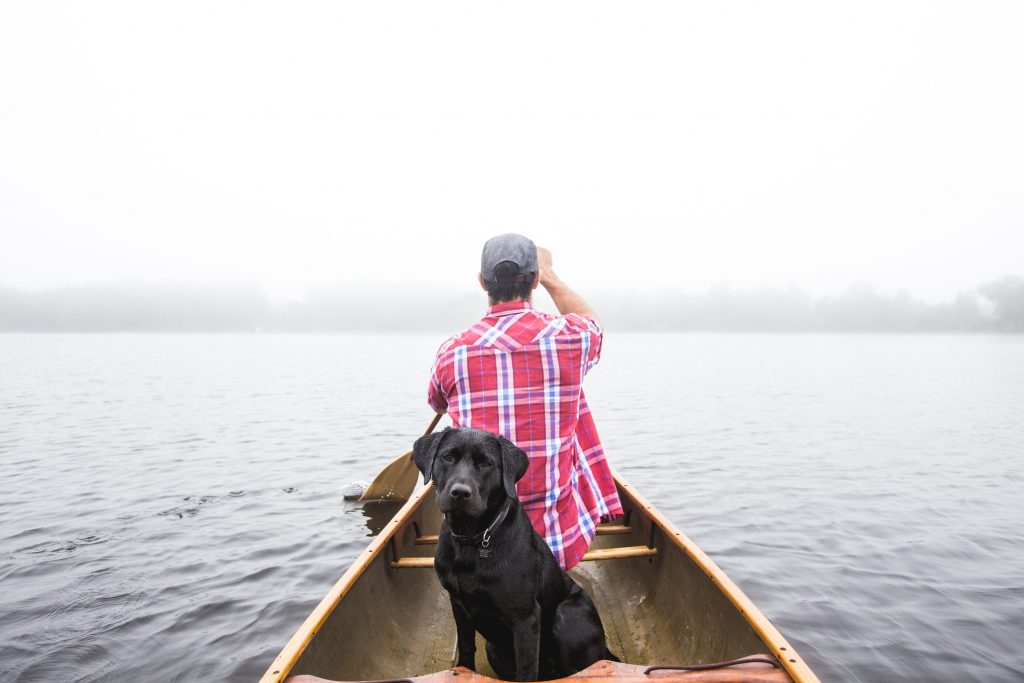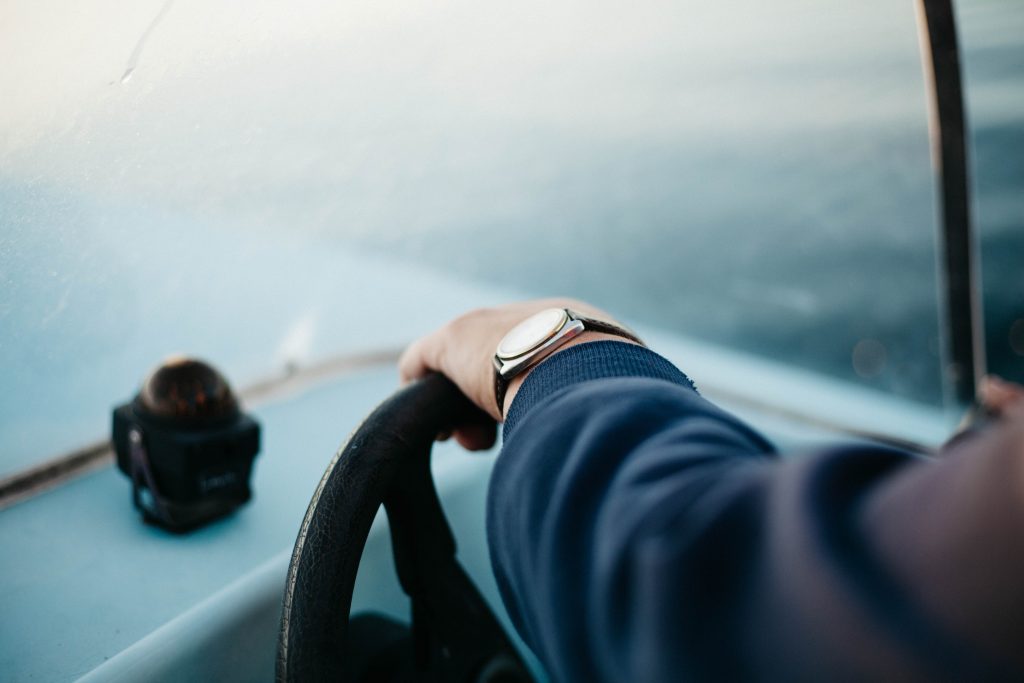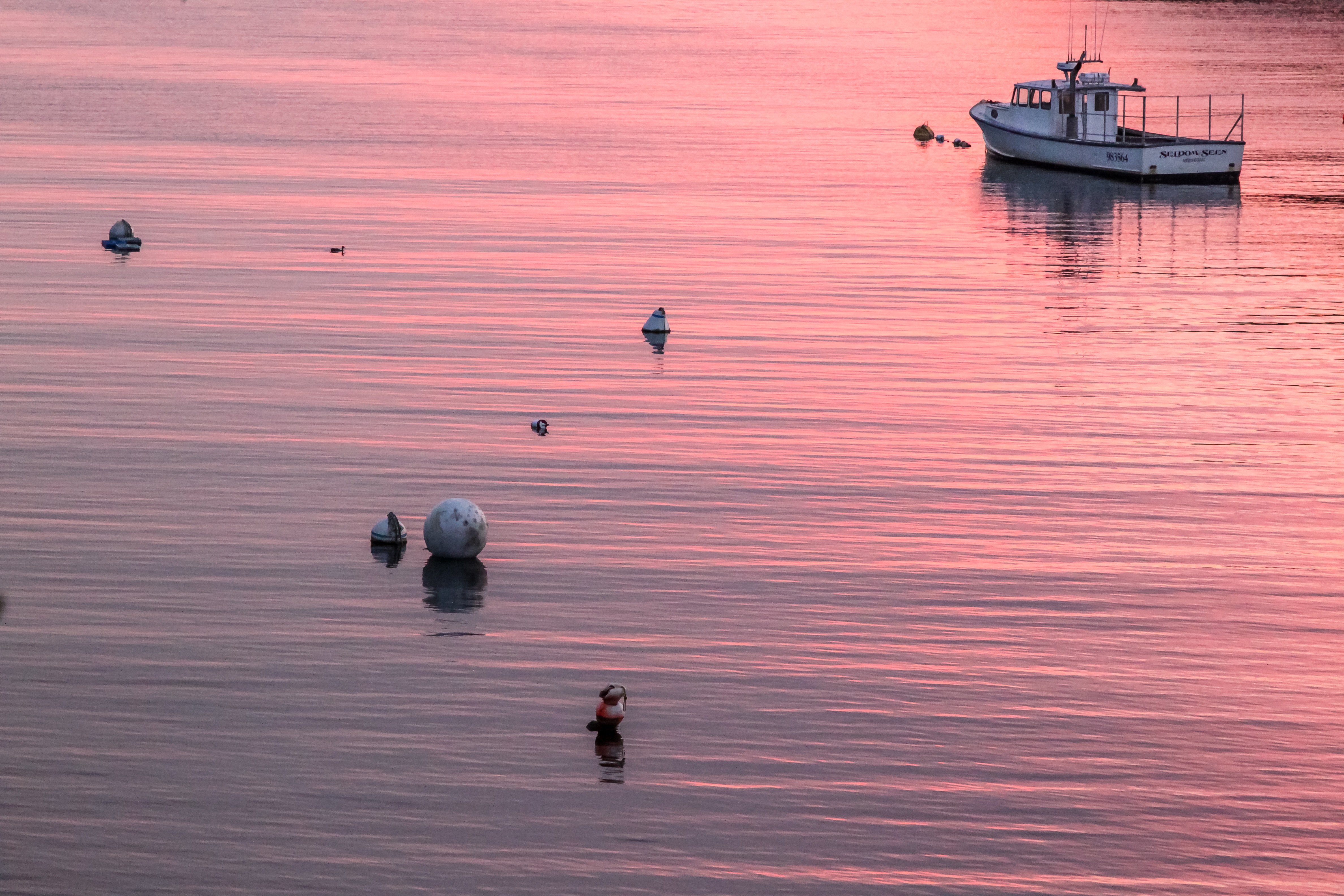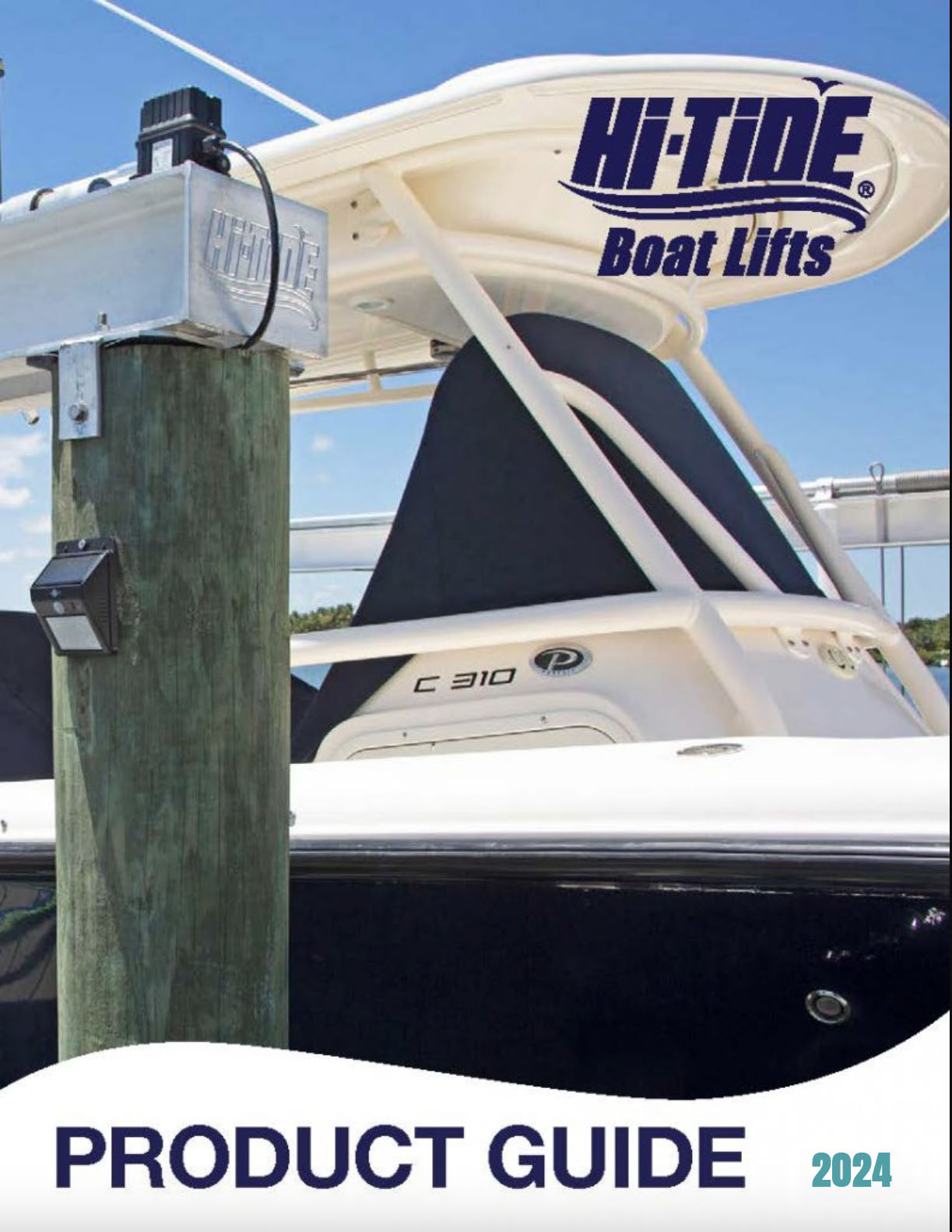
When on the water, you want to know someone’s got your back. Conditions can quickly change, accidents happen, and unexpected engine trouble or other unknowns can come fast. Of course, many of us prepare for the worst (and hope for the best) when we go boating but preparation can only do so much. We could all use a safety net in a worst case scenario, and that’s just what a float plan provides.
What is a Float Plan?
New boaters may not be familiar with the idea of a float plan but simply stated, it is a document that shares vital information about your planned trip. Before your trip, you can fill out this extensive form that includes specifics on your vessel, identification information, passengers and planned timelines/itinerary for your trip that could all help in your rescue, should you need it.
Once completed, this form should be left with a reliable person who will not be joining you on your trip. Let them know when you are expected to return, as well as your trip plans (locations, planned course, timetables). Update this person if your plans change, as they may mistakenly alert authorities if you are later than expected.
Why Do I Need a Float Plan?
You may look at the idea of a float plan as an unnecessary trouble, it is anything but that. As we stated at the top, there are plenty of ways even the best-planned boating trips can go south. The sheer amount of unknowns is enough to warrant this extra measure that could literally save your life in a worst-case scenario.
Not just cruisers or yachts need float plans either. Jet Skiers, kayakers, rafters, canoers and more should all prepare and share float plans as well–yes, even if the planned trip is a relatively short one.
Regardless of your vessel, the length of your planned trip or the extent of your planning, you could always use someone who has your back just in case the worst happens when you’re on the water. As they say, it’s better to be safe than sorry, and this is certainly one of those times. Be safe out there, complete a float plan and we’ll see you on the water.
Download Your Floating Plan Here:
http://floatplancentral.cgaux.org/download/USCGFloatPlan.pdf

Shopping for a used vehicle is a fairly run-of-the-mill process for most people. You go do a dealership, give the vehicle a lookover, maybe take it for a test drive, perhaps call a mechanic for a quick inspection and settle on a price. What many people don’t have quite as much experience with is buying a used boat. So, if you find a used boat that seems like a steal, what should you do to make sure it’s not a money pit in the making? We’ve got a few tips that may be just what you need.
Tips to Consider Before Buying a Used Boat
- Start Your Engines: Do not buy a boat if the seller doesn’t first let you start the motor(s). A lot can be learned from simply seeing how an engine or motor turns over and idles. Is there smoke? Excessive shaking or noise? Does it take a few tries to get started? All can be signs of engine trouble (but are not necessarily dealbreakers).
- Check the Oil: The condition of boat’s oil can be a great barometer for how the engine is performing. If it appears overly dark, gritty or even watered down, you may want to investigate further.
- Inspect the Electronics: Rewiring can be a pain, and faulty electronics can lead to serious fire or electrocution risks. Be sure that there are no signs of melted, burned or frayed wires before putting your money down.
- Look for Damage: This one may seem a bit basic, but any visual signs of hull cracking or water damage on the deck should be closely inspected to ensure they’re easy fixes or simply cosmetic issues. Be wary of boats that have a history with collisions, as they may have serious damage hidden just below the surface.
- Ask an Expert: Just like with used cars, when in doubt, ask an expert to provide an inspection. You may not be a boat mechanic, but especially if anything doesn’t seem quite right about the vessel, you should absolutely ask a professional to come in and provide insight that you wouldn’t have otherwise.
By testing the engine, checking the oil, inspecting electronics and wiring, looking for damage and calling in an expert, you can buy a used boat with a bit more confidence. Rule of thumb, however, if you’re unsure about the boat, it’s probably not worth the risk of buying a lemon. Happy hunting and we hope to see you on the water soon!
With New Year’s resolution season in full swing, you may be planning to put in work at the gym, start healthier eating habits or commit to reading more books. Though all of those resolutions are great, boaters might want to put a little thought into making 2019 a better year on the water as well.
That’s where we come in, friends. Here are our boating tips and resolutions you may want to keep coming into the new year. We promise, zero gym time is required.
Boating Tips and Resolutions for 2019
- Keep it Clean: Don’t be trashy. Though it may be tempting to simply discard your snack wrappers, plastic bags, cans and bottles overboard, doing so immediately damages the environment and puts the sea life you share waters with at risk. Keep a garbage bag onboard and dispose of your trash responsibly once back ashore.
- Make a List and Check it Twice: Lists aren’t only for Santa. Making a six-month or quarterly checklist for your boat maintenance can go a long way to ensure smooth sailing all year long.
- Be Storm-Ready: Before next hurricane season begins, get your plan in place. Though current meteorology often gives us a little more time to react before landfall, hurricanes are still wildly unpredictable. Having a plan in place to secure your vessel and evacuate will help avoid panic and keep you safe.
- Boat Somewhere New: Though we all have our favorite spots, make a resolution to explore new waters. Do some research and stay safe, but enjoy a little adventure on your next trip.
-
Boat More Often: Look, this may sound like a bad excuse to have more fun…and it kind of is. Life is short and times can be hard, but make sure you save some time to kick back and enjoy this hobby, passion and lifestyle we all love.
With a new year and new you, why not make now the time you commit to keeping waterways clean, making a safety and maintenance checklist, creating a hurricane plan, trying out a new waterway and boating more often in 2019? We promise all of these resolutions are easier to keep than that all-kale diet or spinning class you just enrolled in. From all of us at Hi-Tide Boat Lifts, may your 2019 be full of fun on the water!
There are a few rare creatures that are so wonderfully strange that they almost defy logic. Australia has the duck-billed platypus and Florida has the majestic sea cow. Though they may not be much to look at (no offense), manatees are nonetheless a highly protected, wholly unique resident of many of the Sunshine State’s waterways. Unfortunately, these docile, aquatic mammals are often at risk due to careless boaters. So, what manatee safety tips should you practice on your next trip? We have a few ideas that could protect you and those loveable sea cows.
Manatee Safety Tips
- Look for the Signs: Follow all posted signs and warnings, including low wake zones, speed limits and manatee zones.
- Keep an Eye Out: Manatees can be tough to spot. If possible, designate someone onboard to be the lookout while you maneuver your vessel.
- Avoid Seagrass: Manatees can often be found grazing in beds of seagrass, so avoiding these areas altogether can keep you from a potential collision.
- Look Before Starting Your Motor: If you cut your motor, be sure to check around your vessel before engaging your propeller, as manatees are known to investigate boats.
- Keep Your Trash to Yourself: Littering in our waterways can injure or even kill manatees and other wildlife. Keep your garbage onboard until you get back ashore and can dispose of it appropriately.
- Do Not Touch: As huggable as they may look, you must resist the urge to touch and directly interact with manatees. Feeding and petting manatees will lead to them growing too accustomed to human interaction. This may lead to them seeking out humans and getting hurt in the process.
- Report Injuries Immediately: In the unfortunate case that your vessel collides with or clips a manatee, do not panic. Immediately call the Florida Fish and Wildlife Conservation Commission at 1-888-404-FWCC (3922) and alert them to the location of the injured animal. Time is of the essence. https://www.youtube.com/watch?v=cZuKv8FRz-g
With low reproduction rates, manatee safety is important to keep in mind when enjoying Florida’s many wonderful waterways. Keep an eye out for these gentle giants and do your part to keep our waterways clean and safe for everyone we share them with.

There is a menace lurking just under the surface of Texas watering holes across the Lone Star State. It’s not a killer great white, moray eels or even a rogue Loch Ness Monster. No, this creature is far scarier than any Scottish sea beast of legend. It can hitch a ride on your vessel without you ever noticing and infest every lake you may travel after. This monster is known as the zebra mussel.
Though small in size, this sea creature spreads like a virus, ruining ecosystems (and good fishing, along with it). The small creature is an invasive species, originating from Eurasia and only arriving in Texas around the late 1980s. But what is the big problem with this little mussel?
Unfortunately, like many similar creatures, the zebra mussel filters water for plankton. This would not ordinarily be a problem, but they reproduce and eat at such a rate that many of Texas’s native species simply can’t keep up. In other words, the zebra mussel is essentially eating other native species out of house and home. Additionally, they have been known to clog pipes and even kill native mussels.
With this in mind, what can you do as a Texas boater to curb the spread of this lake-dwelling monster?
- Clean Up Your Act: Boats that call contaminated waters home may need to be professionally cleaned to ensure that all signs of the creature have been completely removed from the vessel. If just visiting a contaminated lake, be sure to do a thorough cleaning of your vessel and trailer before hitting another body of water.
- Unplug: Be sure to completely drain livewells, ballasts, bilges and engine cooling water.
- Dry Off: If you allow your vessel to completely dry off before hitting another body of water, you reduce the risk of unintentionally contaminating other waterways.
With these three simple tips, you can help curb the spread of the zebra mussel invasion, saving your waterway from becoming a graveyard to many species of native fish and mussels. Part of boating and fishing is being conscious of the ecosystems we visit while on the water. Be safe, beware contaminated waters and, as always, have fun. If you want more information on zebra mussels and waterway protection, visit the Texas Park & Wildlife website, where we found the tips above. We’ll see you on the water.




